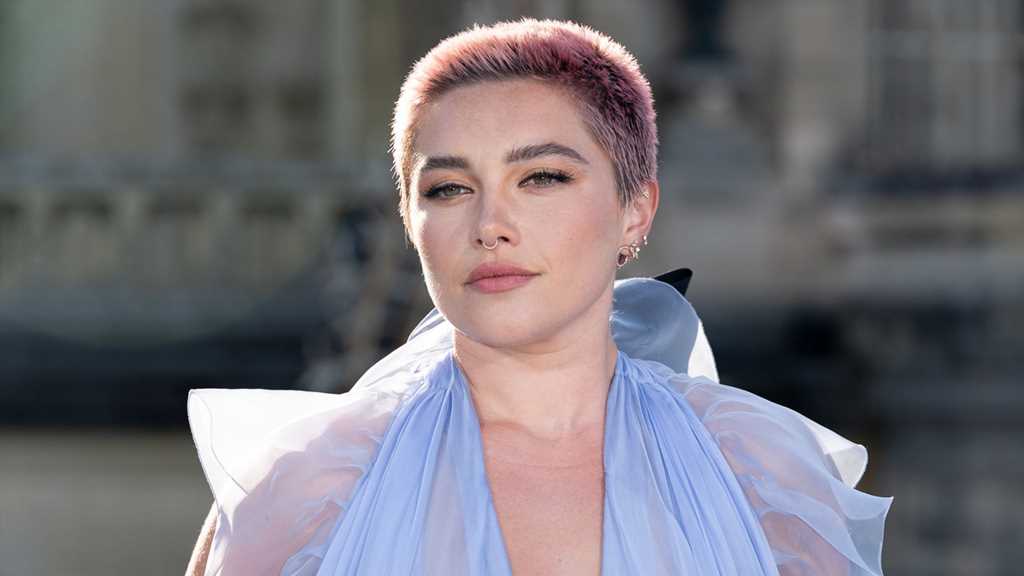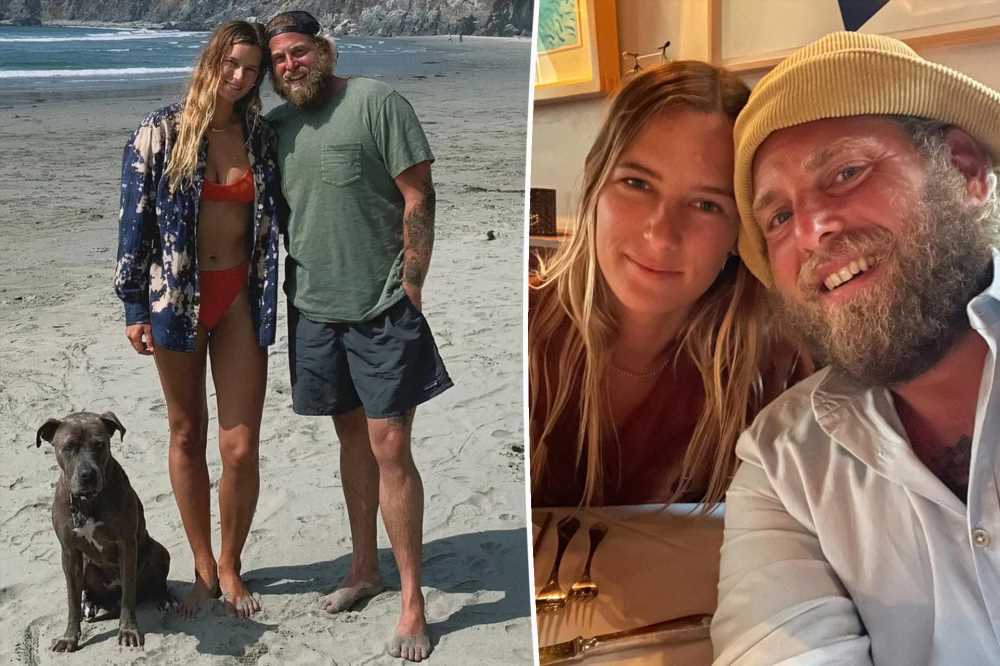Save articles for later
Add articles to your saved list and come back to them any time.
Mitch McTaggart is the creator, writer and host of The Back Side of Television, a series that combs through the history of Australian TV to bring to light its most embarrassing, absurd and unfortunate moments.
Mitch McTaggart’s series The Back Side of Television requires extensive research, and a good memory.Credit: SBS
There are many people who have tried, and are still trying, to get their own TV show, but you’ve actually done it. What’s your secret?
Er … doing it for free.
Yep, that’s gotta help.
I think a show like ours, it does help because we can do it cheaper than other shows. It’s a thing that always interests me, I’m just obsessed with what shows cost. I always remember 10 or 20 years ago, a big local episode of drama would be like half a million dollars. Which is insane now because the wallet’s smaller and smaller. But I think people are always trying to make something as affordable as possible.
It may be very affordable, but it seems like it must be quite labour-intensive – you have to trawl through a lot of material to make your show.
True. There’s a lot of me just sitting at my desk finding stuff, and I guess there are efficiencies in terms of cost there because it’s just me doing that. I don’t have to pay for a researcher or anything like that – which is good and bad because it would be great to offload some of the duller research stuff. But it’s also very fun to research: there’s some wild things that we uncover. And some things that we legally can’t use because they’re a minefield.
Do you often find yourself having to censor yourself – is there a lot of stuff you want to put in the show and get told, nup, can’t?
It’s always me doing the censoring because I feel like, of the whole chain of command that sign off on a show, I’m the most delicate in terms of who this might offend or upset. So I’m always kind of walking stuff back and my producer or director’s like, “No, go harder on this bit”. And I’m like, “Are you sure? OK…” But a lot of the time there’s stuff where I go, oh god, this is funny, but it would be too awful to include. It would feel like it’s too much of a specific attack on a person, when it isn’t that, or the person that the bit is about is one of the nicest people in showbusiness. It can feel too mean-spirited, or undeserved. I think it’s all about finding a middle ground. But I mean if someone does something truly shitful, all bets are off obviously.
So you’re really quite a kind-hearted cynic.
Your words! I don’t know where anyone else would sit with me saying this, but I feel like I’m reasonable.
I think you’re very reasonable. Just from seeing the show. Honestly, there are times when I probably would’ve been a lot bitchier. Not necessarily funnier or more entertaining, but bitchier.
I know that I am habitually aggravated by TV psychics and the supernatural being reported as real. That really gets my goat. There are other specific things that I feel like people can tell, like, this thing annoys him specifically – so he tends to go a bit harder on it than others. But again, eh, reasonably so. The show is mostly just me having beef with things.
As we’ve covered, there’s a lot of research, but is the starting point of that your own memory, of thinking, ah I remember this, then you go back and look?
Sometimes. But for a lot of the segments, some of which have turned out to be my favourite segments this series, they’ve stemmed out of an incorrect Google search. It’s brought up articles like, what the hell is that? So you start reading that, and trying to expand out further. A thing that is frustrating with looking through old newspaper archives is that newspapers have this tendency to not give you any context outside of that day’s report. So you’re reading this article and you have no idea what it’s about, so you have to search for all other mentions of it previously and afterward to get any kind of understanding of what they’re discussing. It starts off with a bizarre article and sometimes it leads to a dead end but sometimes you can uncover this giant conspiracy involving [the game show] Bingo. So, great!
It must be interesting to get a scoop like that.
And the other thing – I’m all for calling them scoops – but I don’t feel like I’m lifting the lid on things. Because this is all stuff that has happened publicly, all stuff that has been reported at the time. It’s just fallen so far off the public’s consciousness. So it makes it more fun because it’s like, “Remember this? What about this thing, bet you forgot this terrible thing that happened!” I think also from a legal standpoint it makes it better that I’m not revealing anything that I shouldn’t because it’s already been reported.
But it is often surprising: in your first season, you covered Australia’s Most Wanted, and I remembered it existing, but I didn’t realise it had been so shamelessly unpleasant.
Absolutely. And we kind of touch on it in this series as well: TV, particularly in the ’90s, got creepier or edgier. Everybody just started to go harder for a story, and the main goal of TV – especially from the ’90s onwards – was just to terrify you. Because if you’re scared you’re gonna sit there and still watch it, you’ll just be there with your hands over your eyes. Which is not really a great way to ingratiate yourself with viewers, but I guess that’s the way we do it.
The Back Side of Television, season 2, premieres on Binge on July 10.
Find out the next TV, streaming series and movies to add to your must-sees. Get The Watchlist delivered every Thursday.
Most Viewed in Culture
From our partners
Source: Read Full Article



